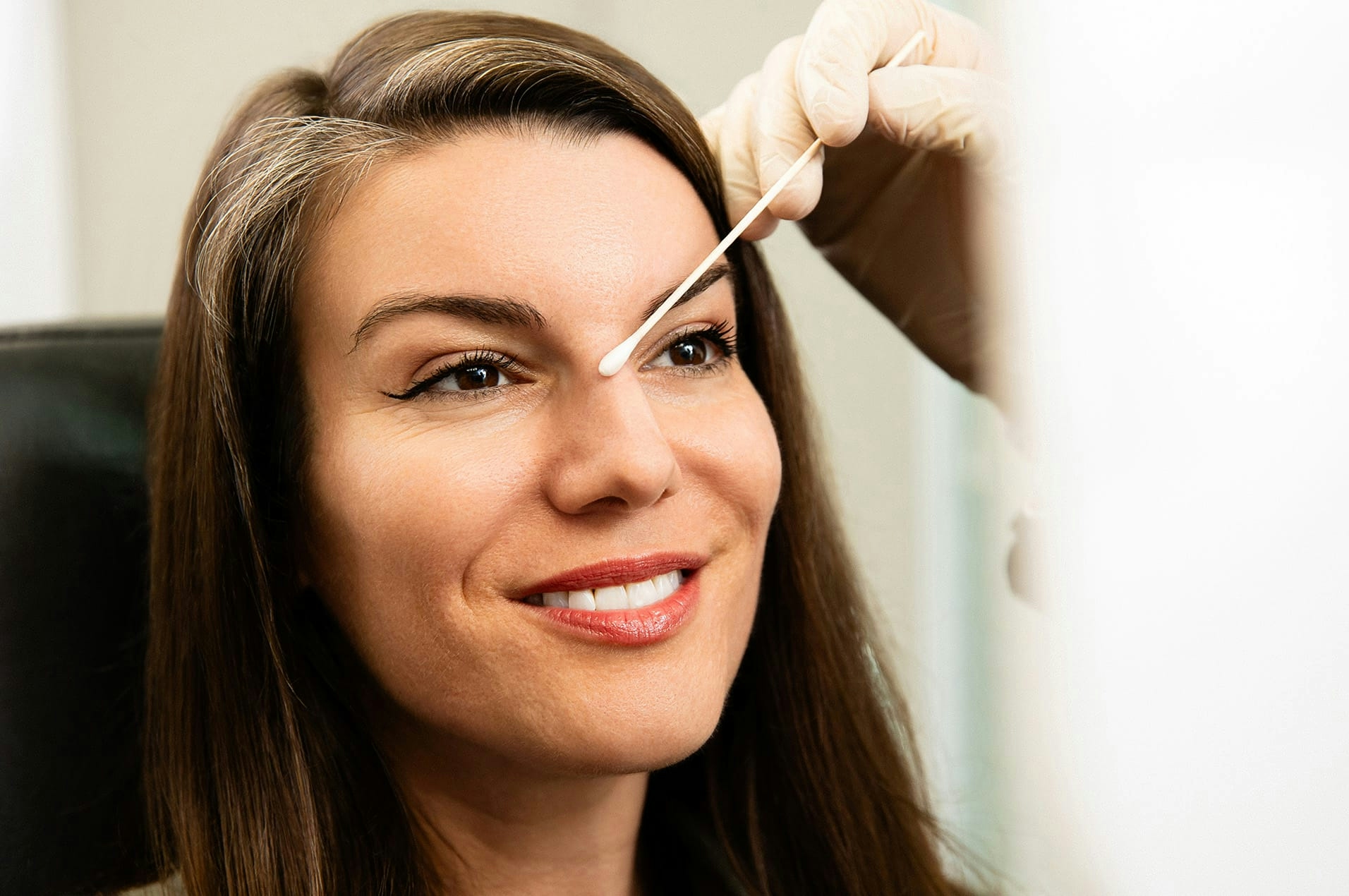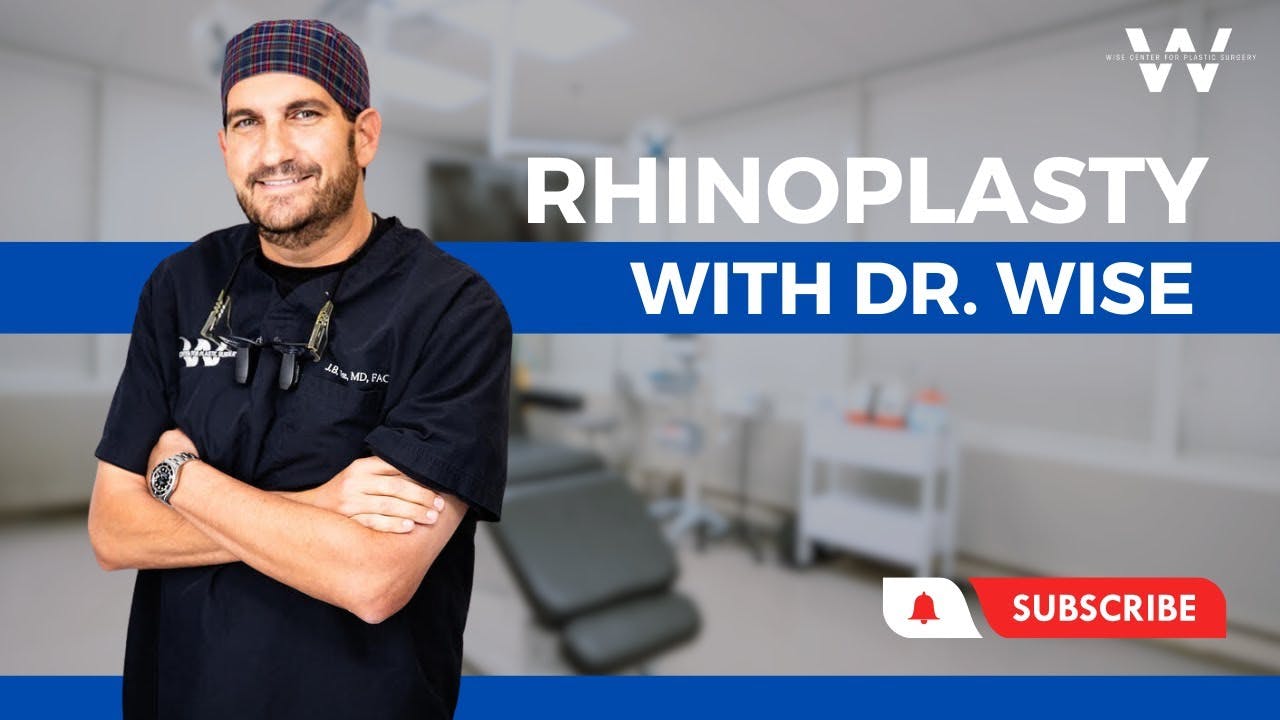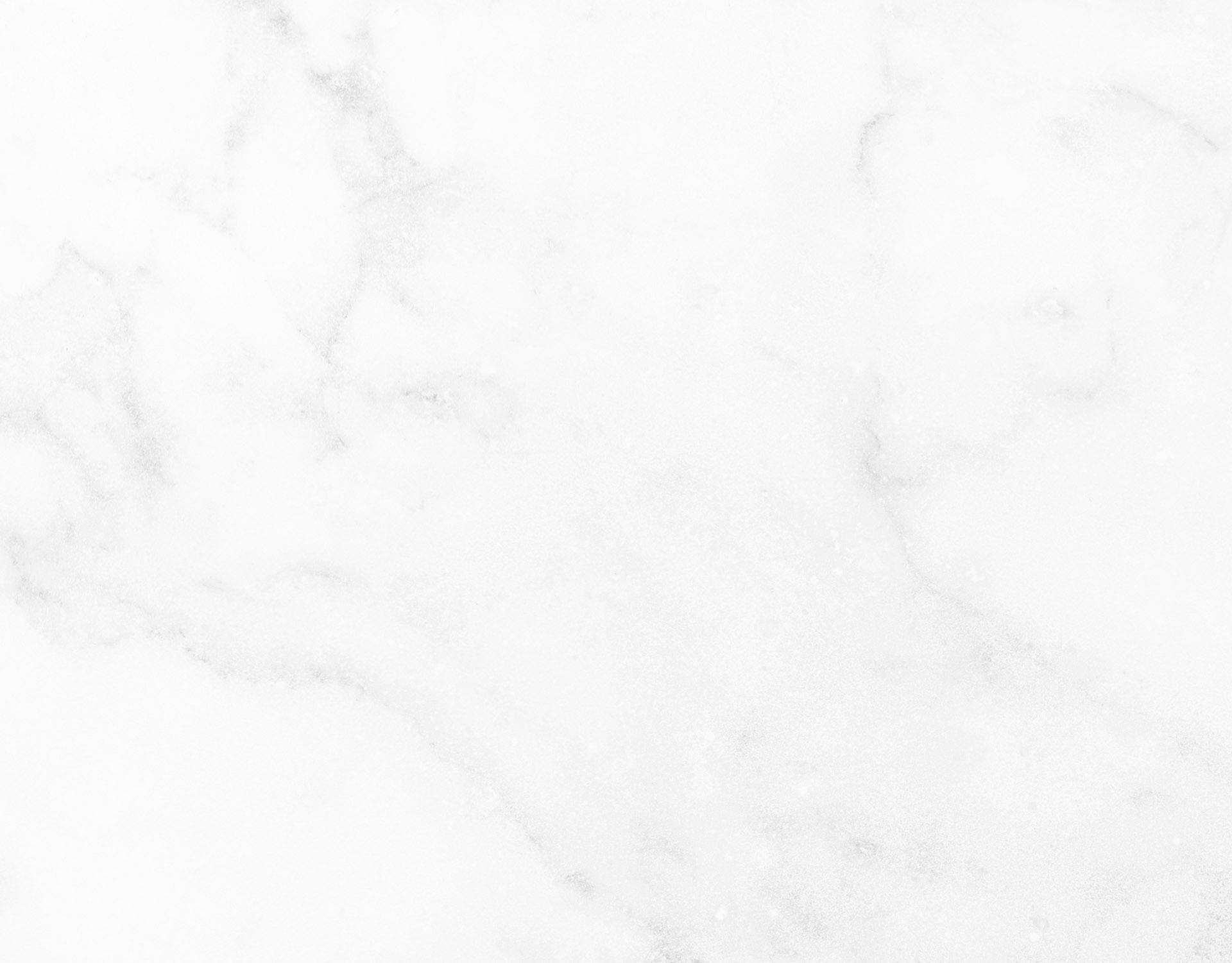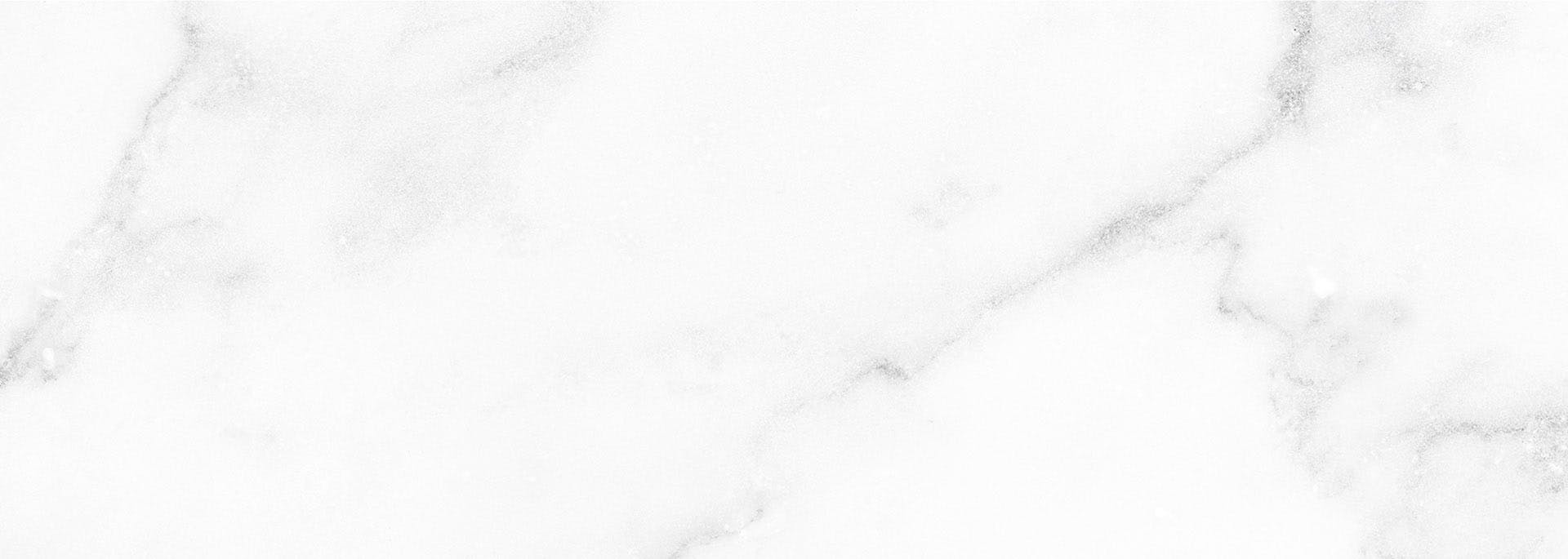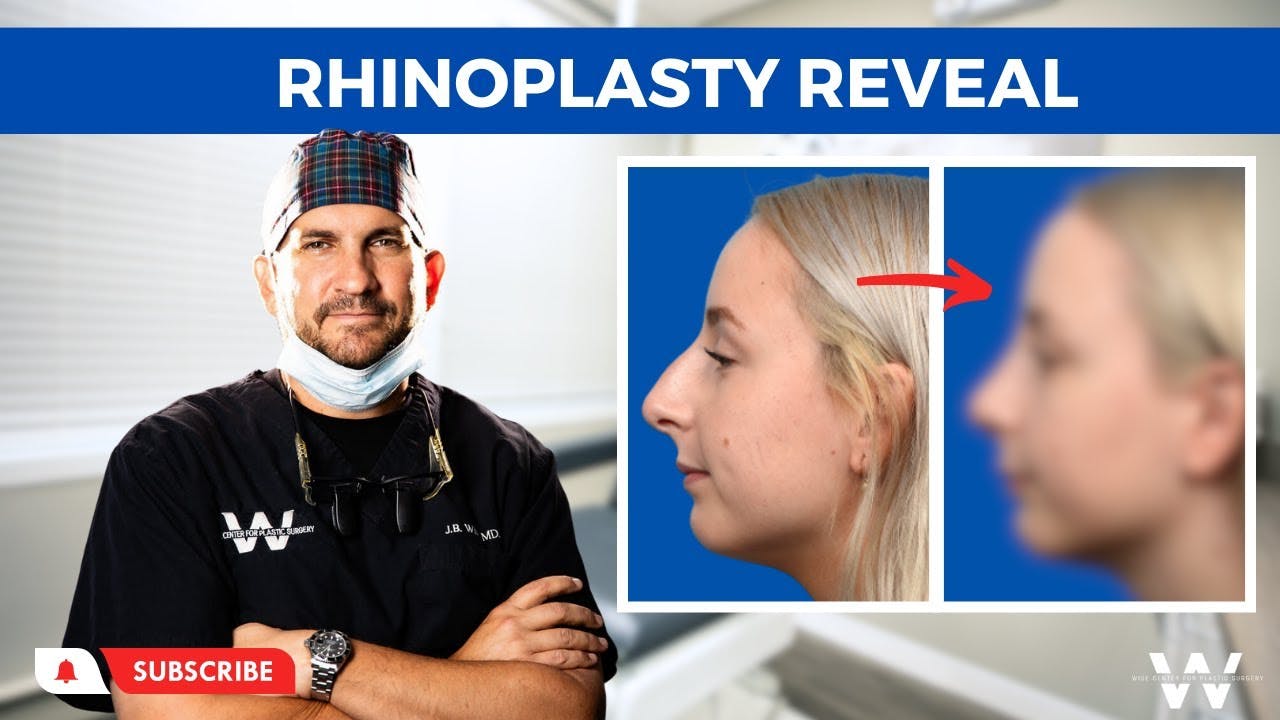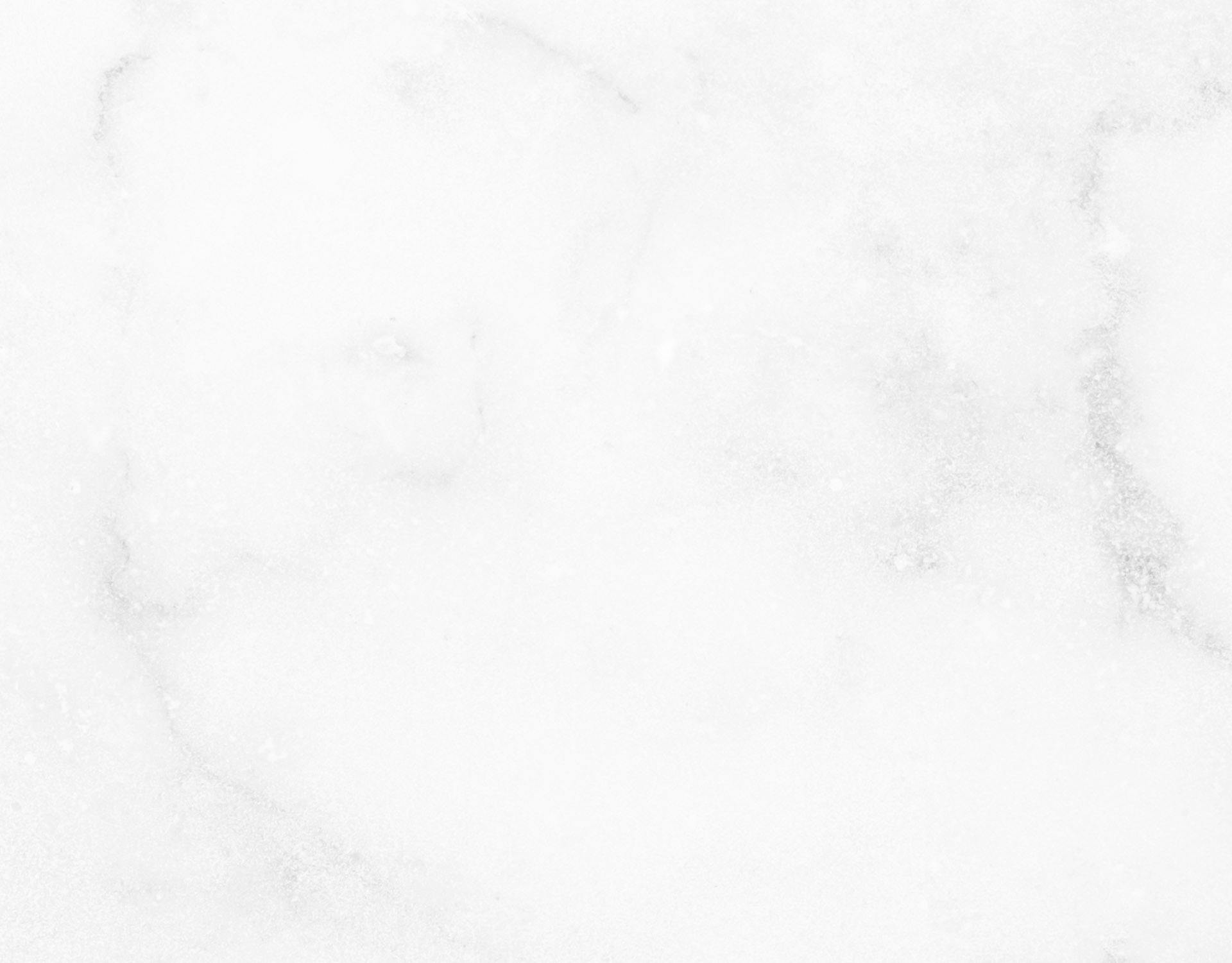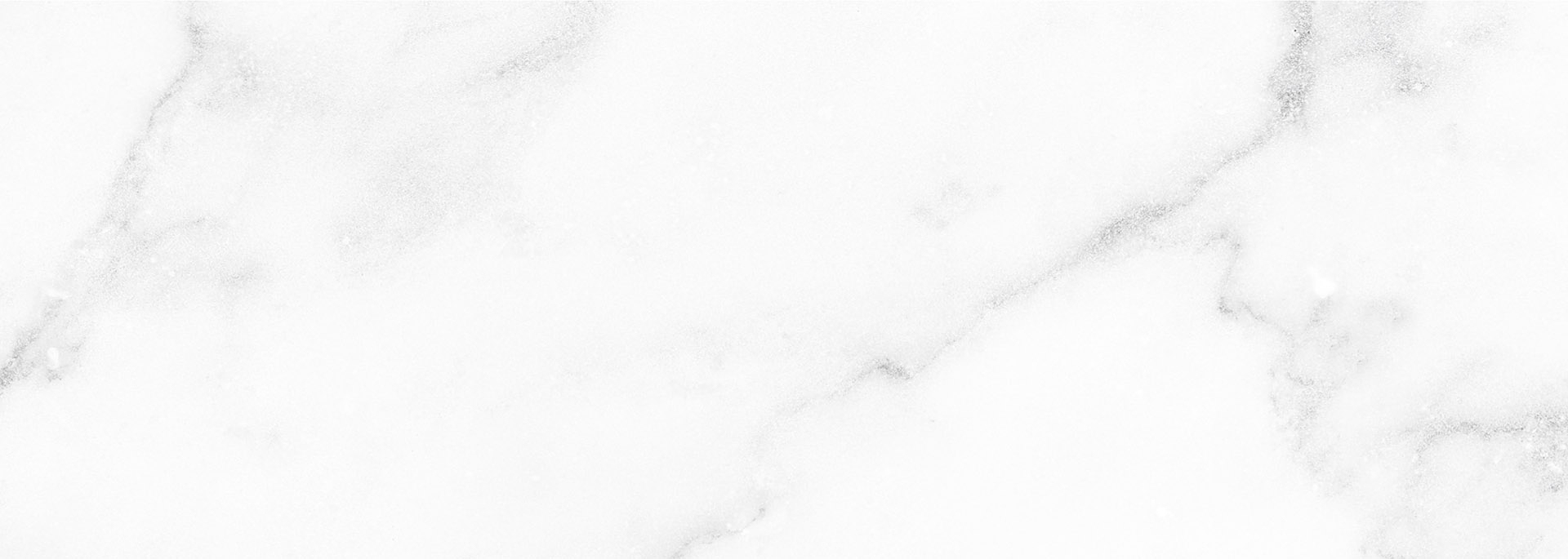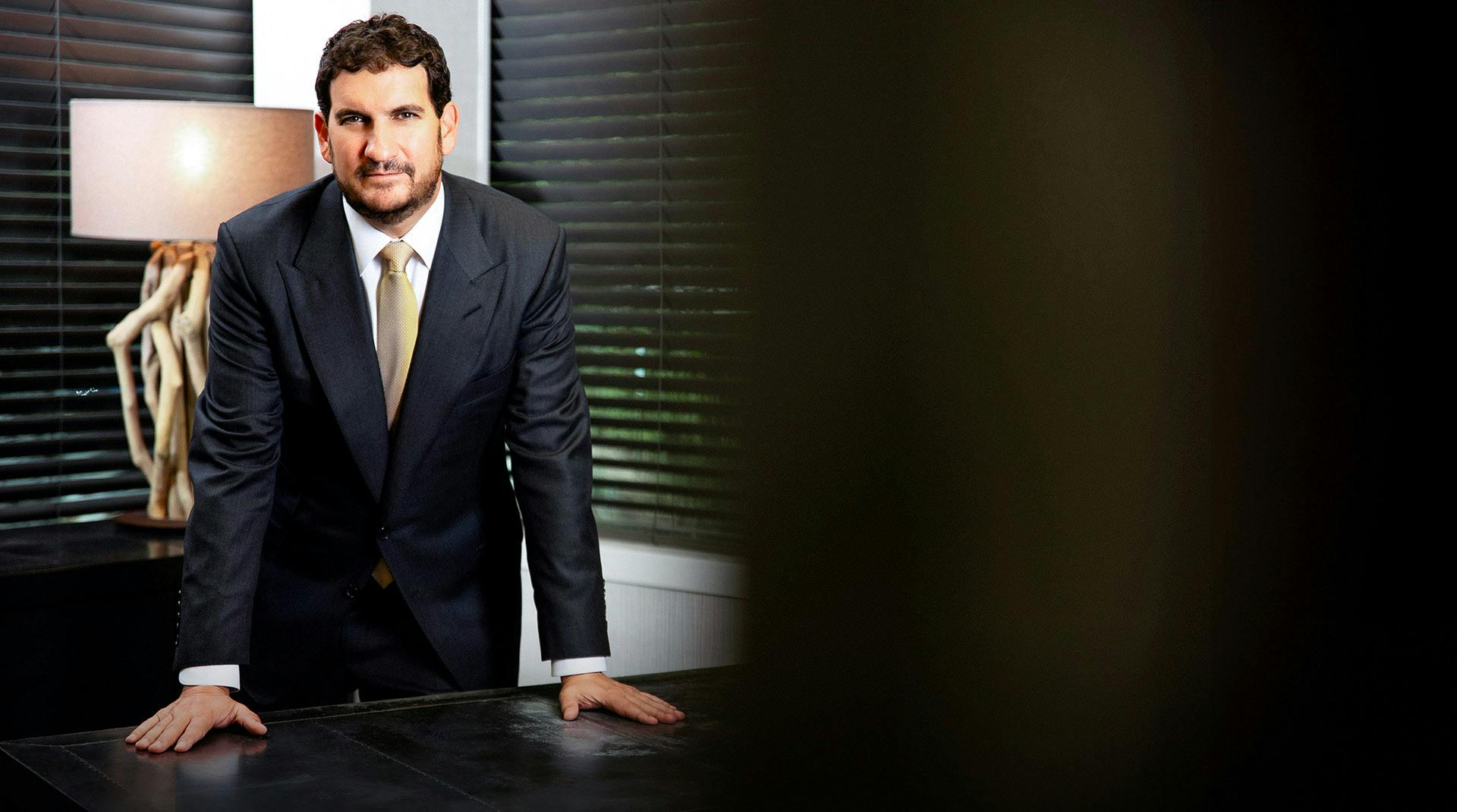Rhinoplasty at the Wise Center for Plastic Surgery helps refine nasal shape, enhance breathing, and restore facial harmony. Dr. Jeffrey B. Wise, MD, FACS, specializes in advanced rhinoplasty techniques tailored to each patient’s aesthetic goals.
What Is Rhinoplasty?
Rhinoplasty is a surgical procedure that reshapes the nose to enhance its appearance, improve breathing, or both.
Factors influencing nasal shape and airflow include:
- Aging
- Genetics
- Previous injury
- Developmental variations
Anatomical structures involved are:
- Nasal bones (upper bridge shape)
- Upper and lower lateral cartilages (middle vault and tip shape)
- Septum (central support and passage division)
- Skin and soft tissue (contour influence)
- Internal nasal valves and support ligaments (airflow stability)
Cosmetic or functional concerns may arise when these structures weaken, leading to issues like:
- A dorsal hump
- A deviated septum
- Weak cartilages
- Skin thickness variations
- Poor tip support
During rhinoplasty, Dr. Wise uses advanced sculpting and cartilage grafting techniques to enhance structural stability and achieve an aesthetically pleasing profile.
